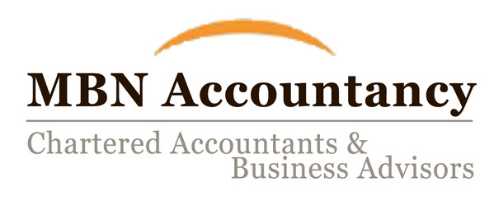The vast majority of businesses pay their tax bills on time however, any that are finding it hard to make payment in full and/or on time can contact HMRC to agree payment by instalments under the ‘Time to Pay’ scheme.
If a business fails to pay its tax bills or does not keep to the ‘Time to Pay’ agreement HMRC can demand an ‘upfront’ payment of a ‘security deposit’. The idea is that if you fail to pay, HMRC will use the deposit to settle the amount. Security deposits can be demanded for a number of different taxes however, they are more prevalent when it comes to VAT.
HMRC see this measure as a ‘final’ resort’ for businesses where there is clear evidence that a significant amount of revenue, relative to the size of the business, may not be paid. They are mostly used where a company has closed without paying their tax bills, failed to comply with return filing obligations and then the directors have become involved with another or effectively the same business. In the majority of cases, the security deposit is paid by way of a cash payment (or bank guarantee) levied on a company director or possibly another officer of the failed company who knew or ought to have known of the past business’ financial situation.
Calculating the security deposit amount
To calculate the amount, HMRC will make detailed enquiries into the financial position of the new company (assuming that the new business is similar in size to the old one) and calculate using an approved formula based on:
- the amount of VAT paid or due to be paid by the (new) business for a four month or six month period plus
- an amount equal to any arrears of VAT from the current business
This calculation is for the deposit amount only, HMRC still expecting payment of the arrears in full. The deposit is typically held for 12 months for a business that submits monthly returns and 24 months for those on quarterly submissions. In addition, HMRC will usually expect submission of monthly VAT returns rather than quarterly. If the current business is not of similar size or the turnover of the new business is lower than that shown on the original company’s returns, HMRC can reduce the size of the demand proportionately under negotiation.
Penalties
The penalties for non-compliance is high – it is a criminal offence if Security has been demanded but not been paid and the company (or new company) continues to make taxable supplies. In addition, HMRC may prosecute if not paid upon demand and a magistrate can impose a fine of up to £5,000 for each taxable supply (i.e. each invoice). Should HMRC issue a notice for a security deposit to be made but the taxpayer ignores the notice continuing to make taxable supplies then HMRC has the right to prosecute. If successful, the fine is a maximum of £20,000 for each taxable supply made without the Security having been paid.
If the deposit is paid but the outstanding VAT bill is not, HMRC will use the deposit to satisfy payment and should some amount remain outstanding, then further security will be required. Should the company comply with all requirements, the deposit will be returned but only after HMRC has checked that there are no other outstanding debts with HMRC. If there are, the Deposit will be used to satisfy those debts before returning any balance.
A business could probably successfully challenge the imposition of a security deposit demand if it can prove that it was forced out of business due to some of its customers having gone into liquidation due to the coronavirus.

